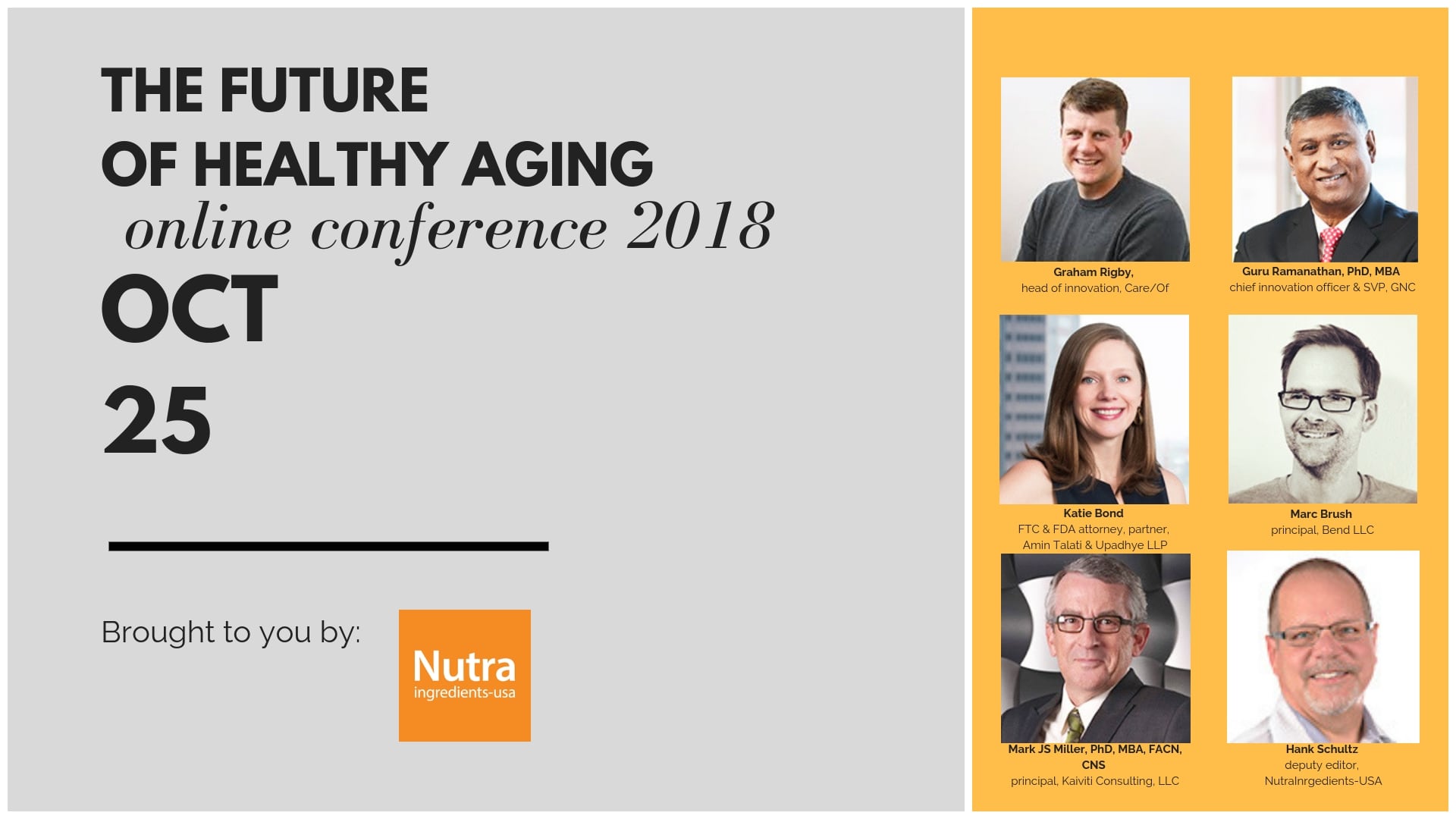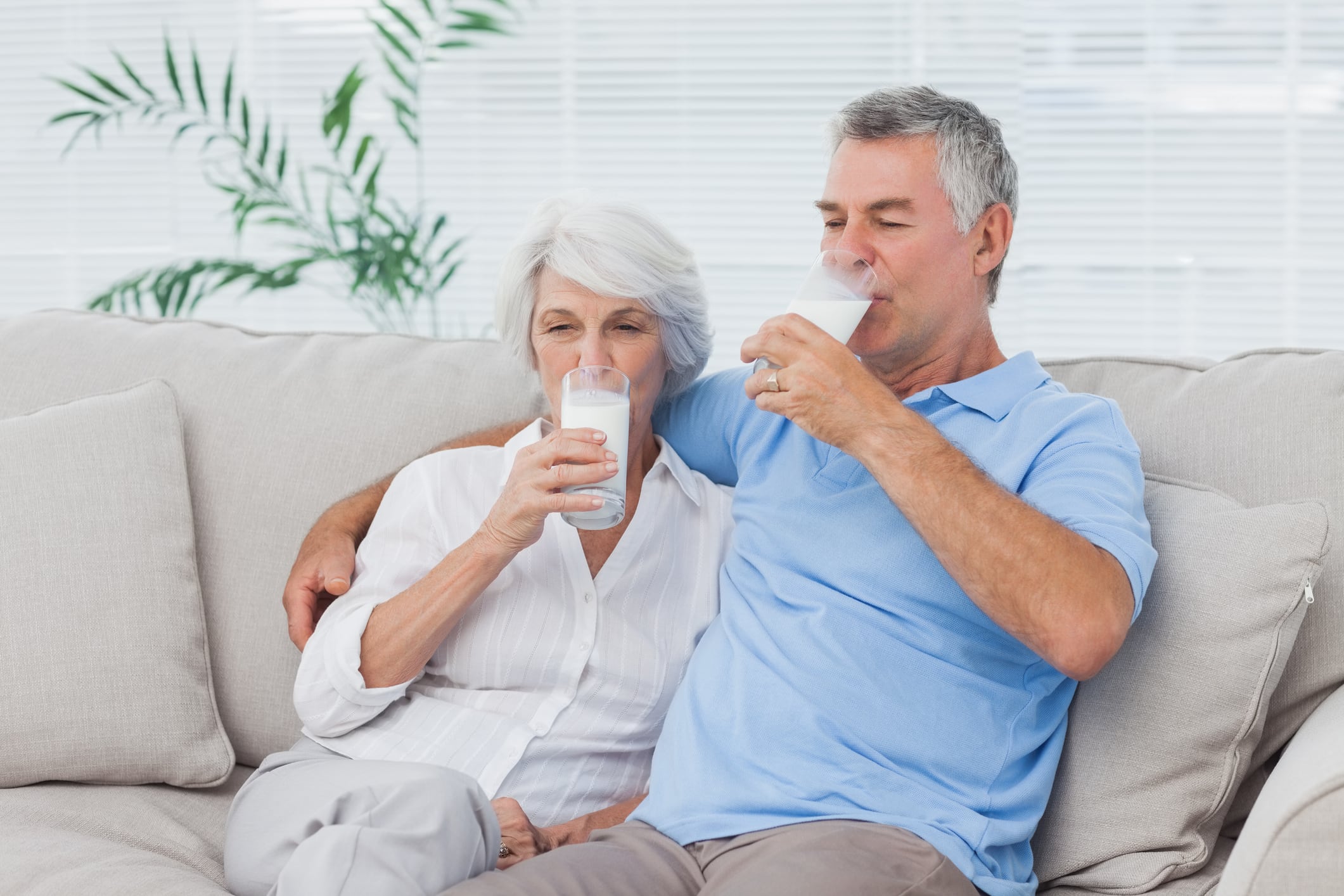Researchers from the University of California Davis, University of Nebraska Lincoln, and Wageningen University in the Netherlands found that supplementation of a dairy protein treated with ultraviolet radiation (as opposed to the more prevalent pasteurized milk) may counteract the immune system’s decrease in response to pathogens in older adults, also known as immunosenescence.
To assess the protein’s effect on immunity, the researchers looked at the amount of Tetanus antibodies following a DTaP vaccine administered at the fourth week of the intervention.
“This pilot study demonstrated a potential immune stimulating effect of UV-C treated raw dairy protein in vaccine response among elderly participants,” they wrote in their report, published last week in the journal Frontiers in Immunology.
Tamarack Biotics funded the study and provided the intervention ingredient—raw milk treated with ultraviolet. Three of the researchers have received consulting fees from the company. The company markets the ingredient under the brand name TruActive 85.
What’s the regulatory status of raw milk treated with radiation?
The words ‘raw milk’ and ‘radiation’ together may raise eyebrows among both regulators and consumers. But Bob Comstock, CEO and founder of Tamarack Biotics, told us last year that this technology may be the “biggest nutritional advance in the last 100 years.”
A mechanical engineer by training, Comstock’s start in the food industry was making water soluble flavors and colors. He then developed a system that ‘cleans’ raw milk of its pathogens without the need for high heat, keeping heat sensitive compounds like immunoglobulins intact.
The company announced that it has gone through all the steps to get self-affirmed GRAS (short for ‘generally recognized as safe’) status in March 2017 and has presented its claim to the FDA for a no objections letter. The letter has not yet come, Comstock confirmed.
“We are still discussing and negotiating with FDA to get this approved,” he told us last week. Though FDA has not yet issued a no objections letter to Tamarack Biotics’ claim that it has the evidence for TruActive’s safety, there has been no official objection either.
Live Q&A with experts in the Healthy Aging category

Join us for our FREE online conference on Healthy Aging this week on Oct. 25.
“We’ve met with them twice now, and the issue is radiation was something that was greatly feared back in the 1950s, and there’s some legislation that conflicts with other legislation, but there are rules on the book about radiation, and ultraviolet is considered radiation,” he explained.
There aren’t records on FDA’s GRAS registrar about the agency’s meetings with the company nor about the progress of TruActive’s ‘no objections’ letter, but a public calendar of FDA appointments does confirm meetings between the company and the federal agency.
Once cleared for commercialization, Comstock wants to market this product for dietary supplement manufacturers that market products targeting elite athletes and aging adults.
“Several customers have developed products, waiting for the FDA to give the green light. All of them are covered by non-disclosure agreements, and they’re still in the product development phase,” he said.
“We’ll continue to invest money in further scientific research because we believe in the fact that we’ve never been able to get these immune-active proteins except in raw milk, which is highly dangerous,” he added. “We believe that there will be continued research in this area even by other [people and companies] to provide value in improving health.”
Study details
For this latest study on UV-treated non-pasteurized milk in older adults, researchers recruited 21 healthy individuals over the age of 60.
Participants consumed either 6g of the TruActive dairy protein or low isoflavone soy protein purchased commercially from ADM. They were required to consume 112 servings for the eight-week duration of the study. The goal was to see how the two groups compared in terms of the amount of Tetanus antibodies after consuming each supplement for four weeks followed by vaccination.
A four-week supply was provided at the beginning of the study, and another four-week supply at the time of vaccine administration at week four. Researchers explicitly advised participants to not use the supplement as a substitute for any part of their normal diet.
At the last week, the researchers recorded a significant increase in tetanus antibodies in the dairy group compared to the soy group.
The researchers postulated that by not treating milk with high heat, the immunologically active milk proteins remained undamaged, potentially giving an immune boost to older adults who consume them.
“Because this was a small pilot study, results are limited in generalizability and larger clinical studies are needed to confirm immune supportive effects of dairy protein derived from UV-C treated raw milk,” they wrote in their report.
Source: Frontiers in Immunology
Published online, https://www.frontiersin.org/articles/10.3389/fimmu.2018.02254/full
“Use of UV Treated Milk Powder to Increase Vaccine Efficacy in the Elderly”
Authors: Sara Schaefer, et al.

